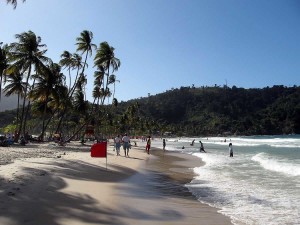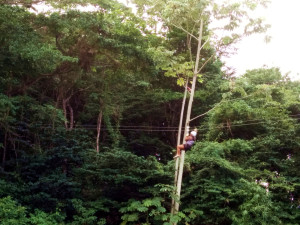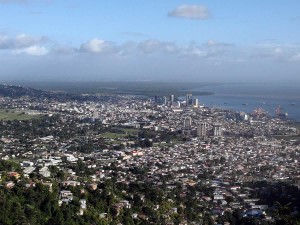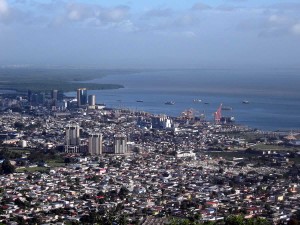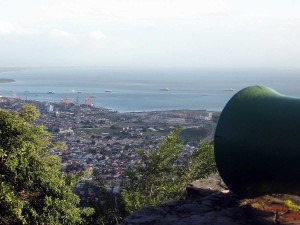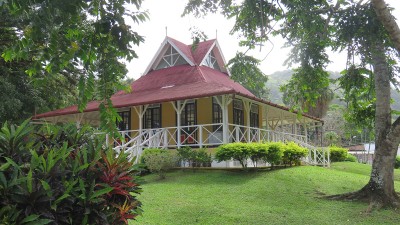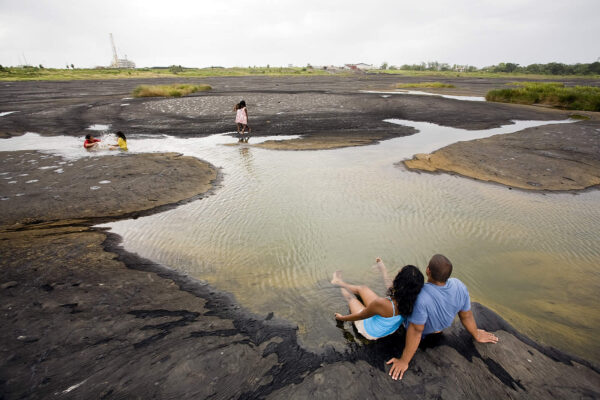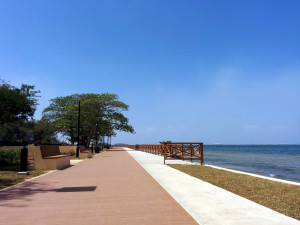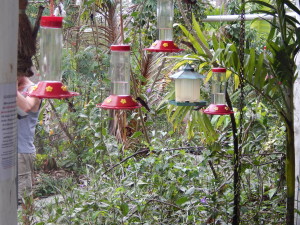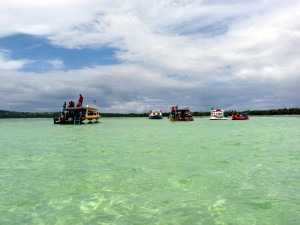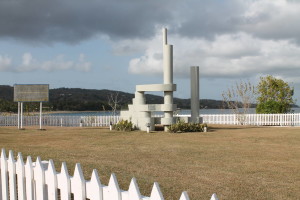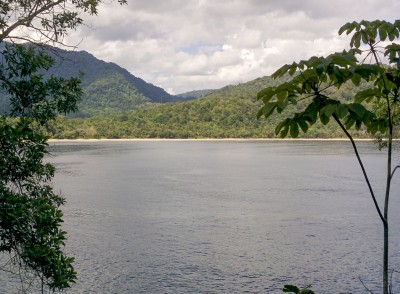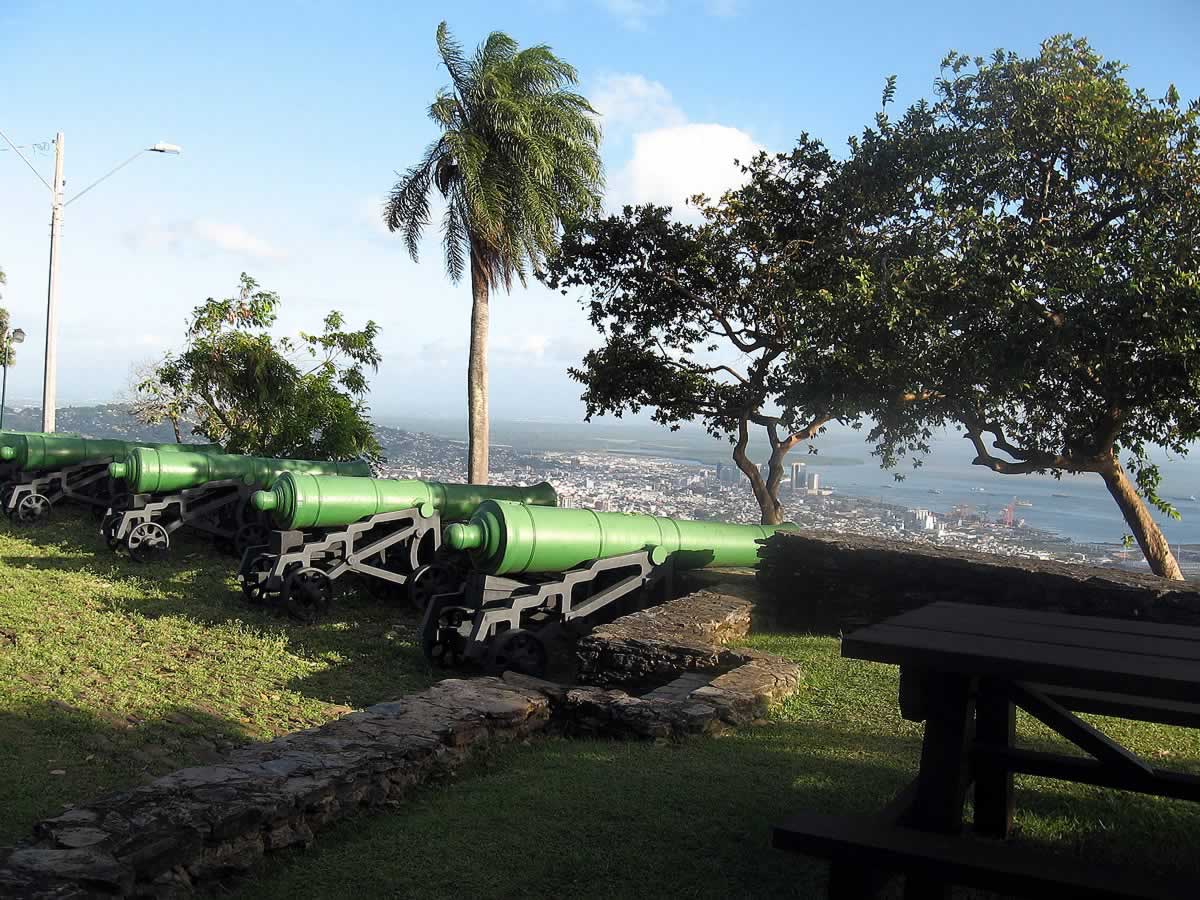
Fort George
Built in 1804, by Sir Thomas Hislop for protection against the Napoleonic fleet. The fort looks over the city of St James and has a great view of the Gulf of Paria.
Details
Formerly called La Vigie, Fort George is situated on the hills to the North of St. James overlooking the Gulf of Paria. The fort, which was part of a complex of fortifications, is the best destination for one of the most spectacular views of Port of Spain and the sea. In addition to the beautiful vista at this well preserved structure one can see the original cannons, dungeons, artefacts of the day and a signal station which was established in 1802 and designed by Prince Kofi Nti, son of King Kofi Calclai of Ashanti, West Africa. Built in 1804 under the direction of the then British Governor, Brigadier-General Sir Thomas Hislop, the fortifications at Fort George consisted of sea defences and a series of supporting batteries: V. I. Z the York; Princess Charlotte; Abercombry and Cambridge on the lower slopes and Cumberland to the North above the Fort. Considered well-nigh impregnable in the day, it was the major defensive position in the Trinidad, but it was never to experience military action. In times of rumours of war the merchants of Port of Spain would store their records, cash and valuables here. Fort George ceased to be a Military establishment in 1846.
Guided Tours of Fort George
Reviews
Click stars to rate
Latest Reviews
Nearby Destinations (16)
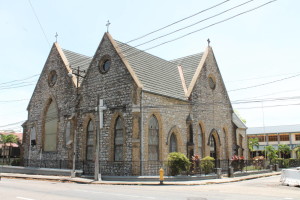
The Chapel was dedicated to all the saints rather than martyrs only. All Saints is considered one of the oldest Churches in Trinidad and Tobago. It also holds great history and interesting Architectural designs within its walls with beautiful stained glass windows and a hand carved Episcopal chair.
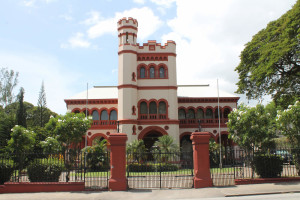
This house is one of the Magnificant Seven. The structure was built in 1903 by the fifth Archbishop of Port of Spain, Patrick Vincent Flood. It is also known as the official residence of the Roman Catholic Archbishop of Port of Spain.
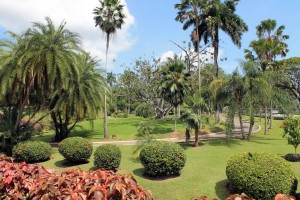
The Royal Botanic gardens houses 700 hundred trees of which thirteen percent (13%) are indigenous to Trinidad and Tobago while the other trees and plants represent all the other continents of the world.
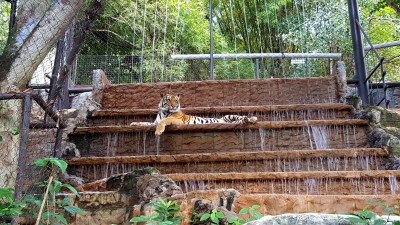
The Emperor Valley Zoo is the main zoo in Trinidad and Tobago, located north of the Queen’s Park Savannah and west of the Botanic Gardens in Port of Spain. It is also the only zoo in the Caribbean to house Lions, Giraffes, an entertaining Giant Otter and a 30 year old 12 foot Crocodile.
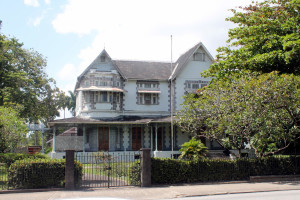
This French-English grand house is second in line of a tour of the Magnificent Seven, following Queens Royal College.
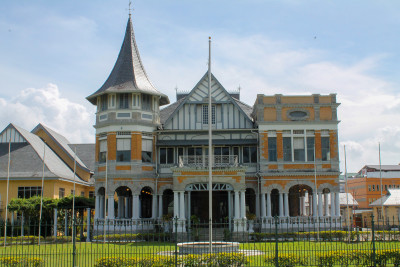
The Knowsley Building in Port of Spain is a beautifully constructed building worthy of being among the Magnificent 7.
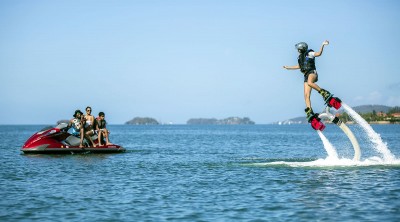
Enjoy the thrill and excitement of watersports in the Gulf of Paria with this great team of guys who are only serious about having fun on the water.
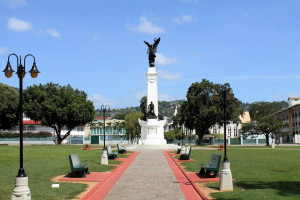
Trinidad and Tobago’s memorial in honour of nationals who served and perished during military service in World Wars I and II. A majestic cenotaph is located in the middle of the Park where a wreath-laying ceremony is held annually on Remembrance Day.
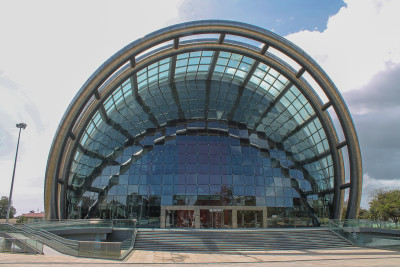
Our very own Masterpiece
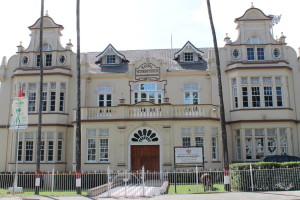
The museum established in 1892 and was originally called the “Royal Victoria Institute”. The museum house about 10,000 historical pieces of art work.
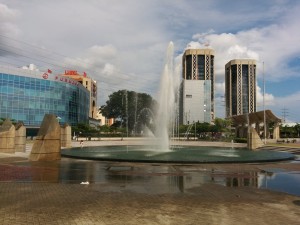
This Waterfront is undeniably one of the most picturesque places in Port of Spain.
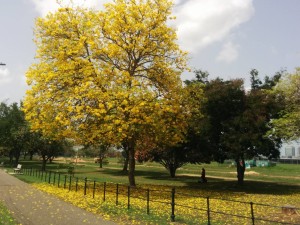
The largest roundabout in the world, the Savannah is also the centre stage of Trinidad Carnival, Steel pan, Sports and other forms of entertainment.
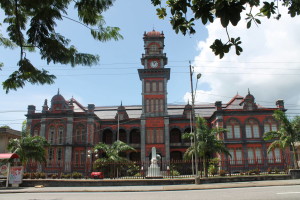
Queen’s Royal College was opened on March 25, 1904 at Queen’s Park West by Governor Sir Alfred Maloney. Presently, Queen’s Royal College has been reformed to one of the oldest Secondary schools in Trinidad and Tobago.
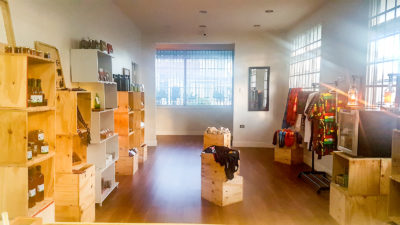
Showcasing and selling locally handcrafted souvenirs, Cuban and Dominican cigars, Trinidad- made organic chocolate, honey, coconut oil, coffee and fashion.
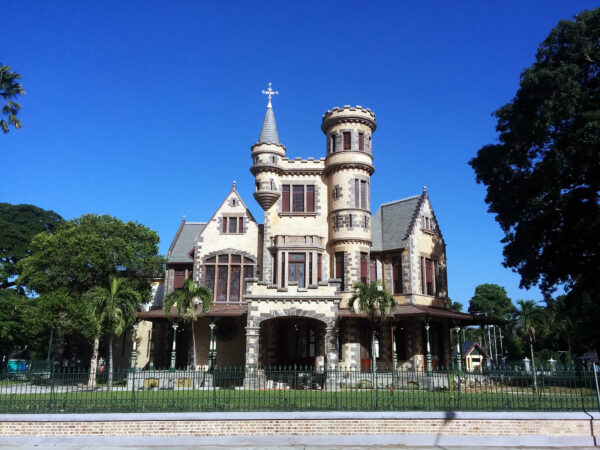
This Scottish styled castle was built by Charles Fourier Stollmeyer in 1904. In March 1971, the Castle was opened to the public for the first time, and it is now a main destination in any city tour of Port of Spain.
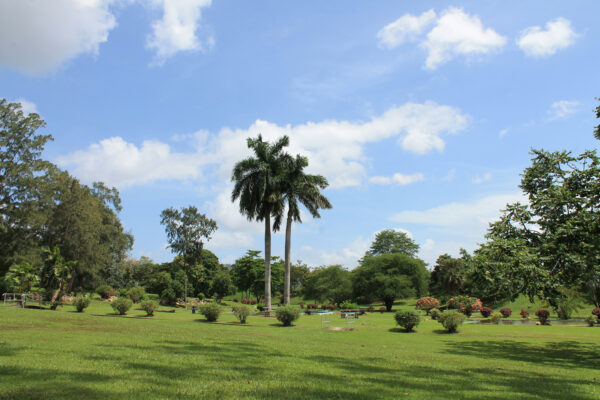
Relaxation, Fun and Family Games

